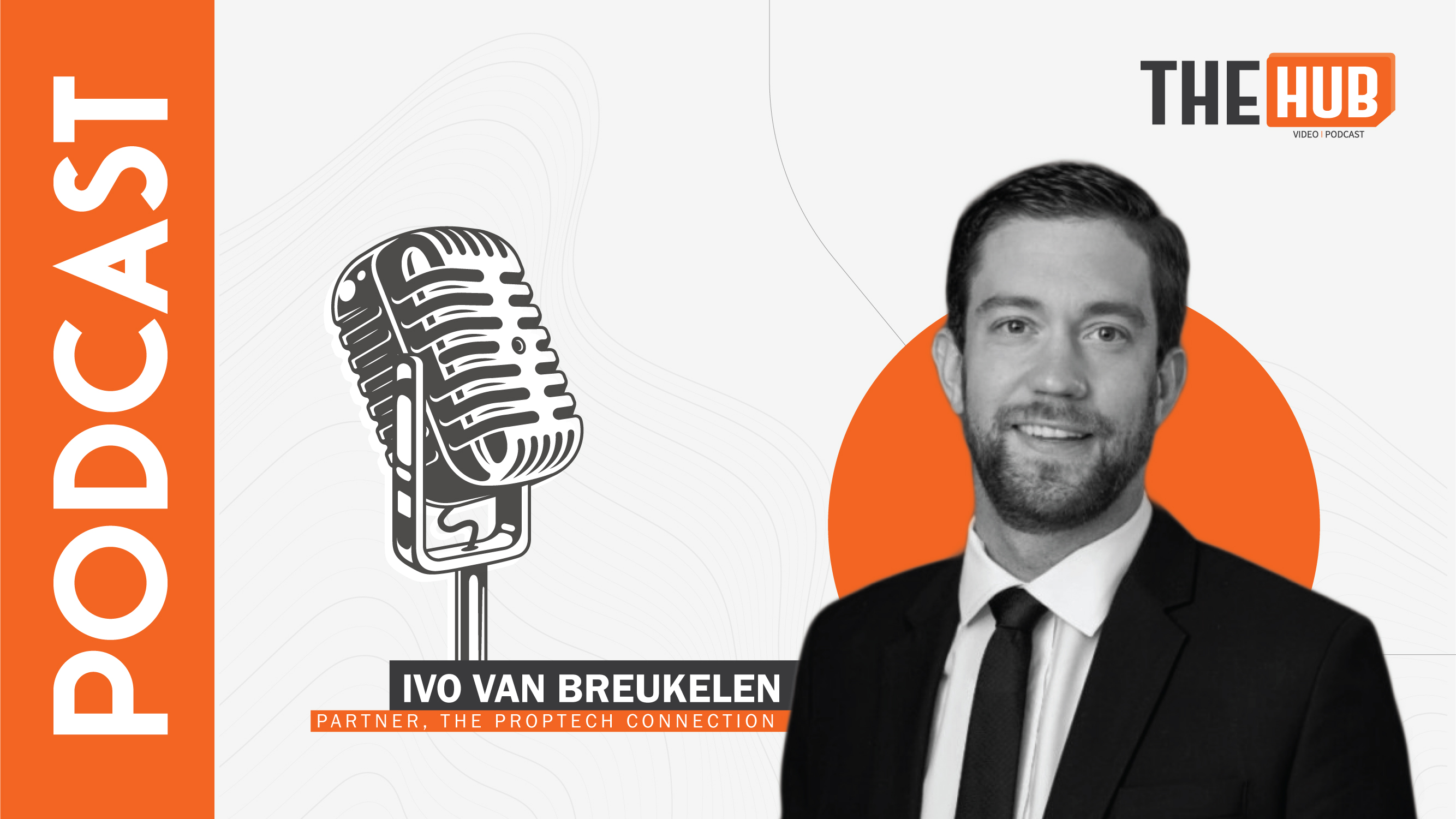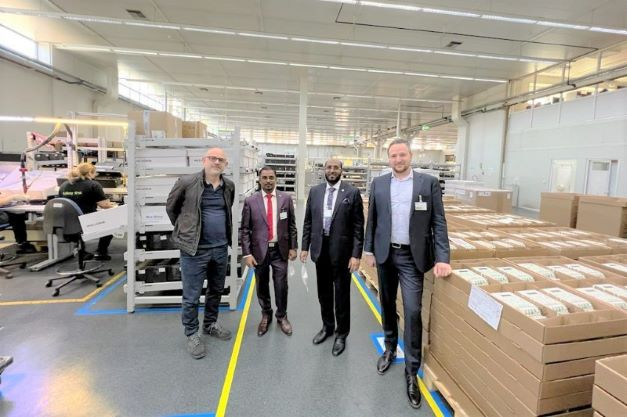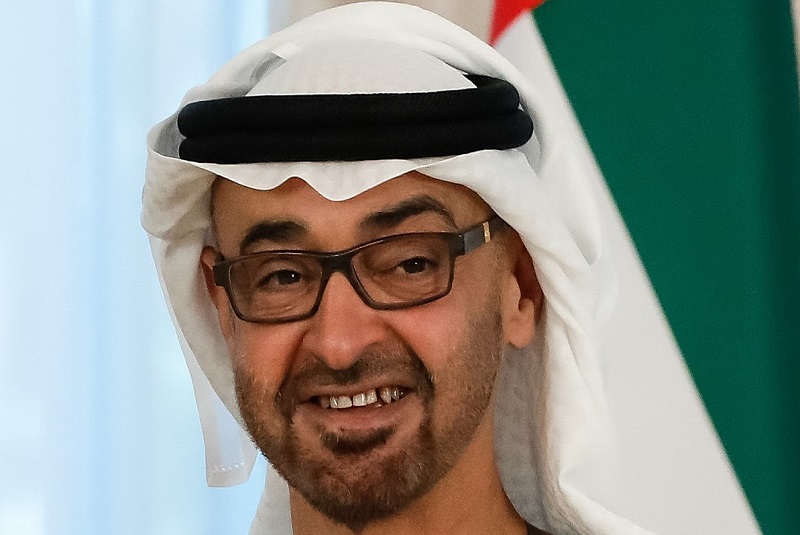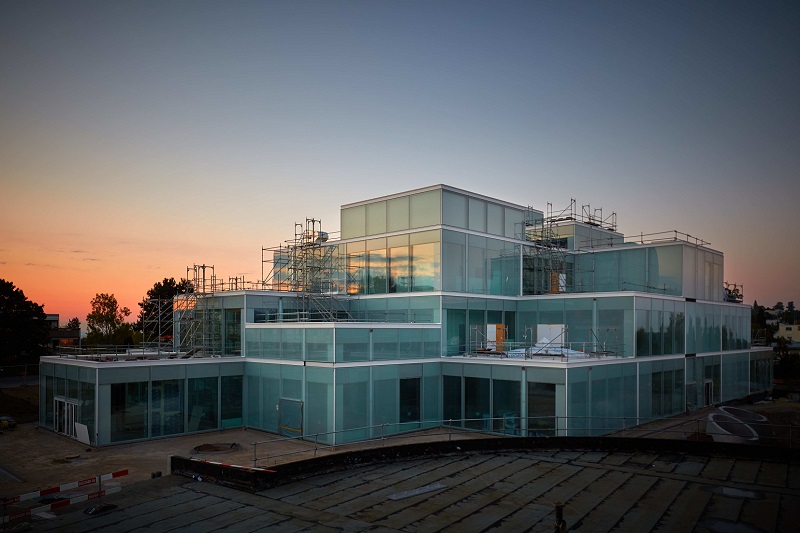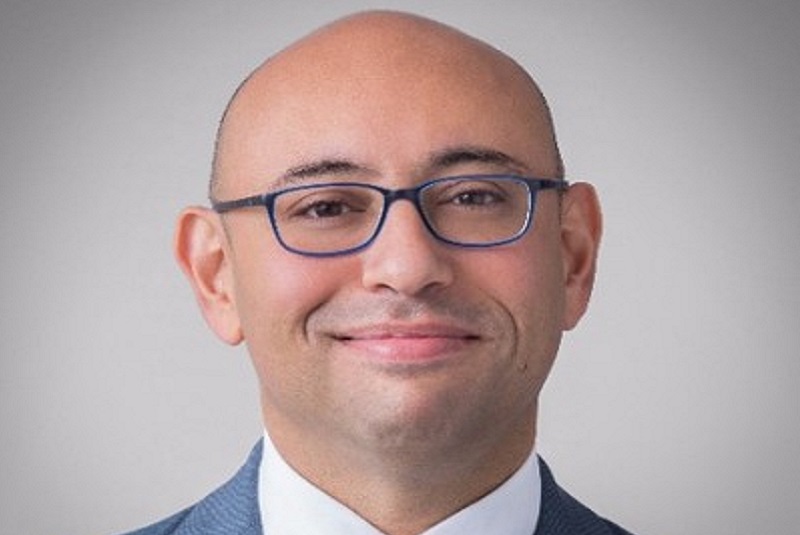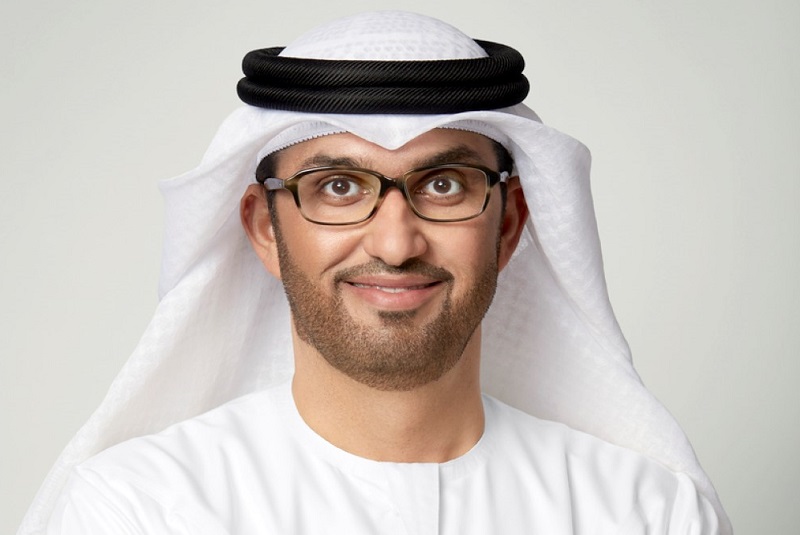
The global facilities management (FM) industry continues to mature and evolve. Today multinational companies are placing greater value on partners who enable them to focus on their core business while contributing to the bottom line — not only by reducing facility costs, but also by improving productivity, business sustainability and the reputation of their organizations.

Satinder Singh, Director of Operations – EFS
Facilities Services, Dubai
The MENA region offers significant
impacted by global and regional
But those companies that do take
That transformation requires change
The key to migrating from traditional
Getting IFM right from the start matters. That’s why EFS puts so much time focus on up-front role and service integration as a cornerstone of our client partnership. Talent acquisition, training and retention is the greatest obstacle to growth for IFM companies and directly impacts ability to efficiently and effectively start up new projects. EFS has 11,000 employees in the 19 markets we work in and we anticipate needed to add as many as 2,000 new employees every year to sustain our growth. Focus on training and development is essential. In 2015 EFS will conduct provide more than 50,000 hours in staff training, both onsite at client projects and at a dedicated training facility we maintain in Dubai. To be successful we have to win our workforce. And providing clear career progression is one path to achieve this. With each new contract we bring a hybrid approach to staffing. We transfer existing well-trained personnel who have earned career growth opportunities and work with new hires to train and integrated them into the EFS way. Because many of our new contracts come from existing clients, we transfer high performers who know what’s important to that company. We provide career pathing while ensuring a smooth ramp up process.
.jpg)
In the MENA region, labor welfare issues pose a challenge to multinational companies to sustain growth while complying with international supply chain management standards. Getting labor welfare management across your supply chain wrong poses a serious reputational threat to multinational companies.
That’s where a trusted IFM partner that emphasizes people management and has the controls and processes in place to ensure labor welfare compliance adds tremendous value. Our ability to grow with our clients across the region and partner with them to enter new markets is based on trust in our technical capability but also a proven track record of investment in people development and establishing a strict code of conduct for labor management.
We believe 2016 will bring more consolidation to our industry as clients continue to recognize the value and impact of the IFM model. There is a growing understanding and recognition on the client side that IFM can be a powerful sustainability tool organizations must invest in order to achieve in long-term cost reduction and minimize their natural resource footprint.
EFS has delivered its greatest quantifiable impact with clients who involve IFM partners in the early stages of market expansion. That starts with building design. Complex building systems and controls increasingly offer opportunities for cost savings and resource reductions. This can be tackled by new technologies to better manage energy and water use in facilities, but it also needs a highly trained workforce to best operate and maintain those new systems.
.jpg)
Building design also should be aligned with sustainability programs driven by either the local municipality or by joint property associations. Related regulations need to be reviewed continuously and in line with the eventual goal of sustainable service facility management providers that ensure better safety conditions and building standards as a whole.
The facilities management sector will continue to undergo change in 2016, but this change should be good for the long-term health of the industry. Our multinational clients need to carefully manage growth and expansion in a challenging region during an uncertain economic time where oil prices continue to drop. But these companies have to find cost savings. They have hard resource management goals. And they have to manage supply chain risk, particularly in relation to labor welfare. A trusted IFM partner that delivers proven and quantifiable return on all fronts is worth the investment.
(The author Satinder Singh is the Director of Operations - EFS Facilities Services, Dubai)


